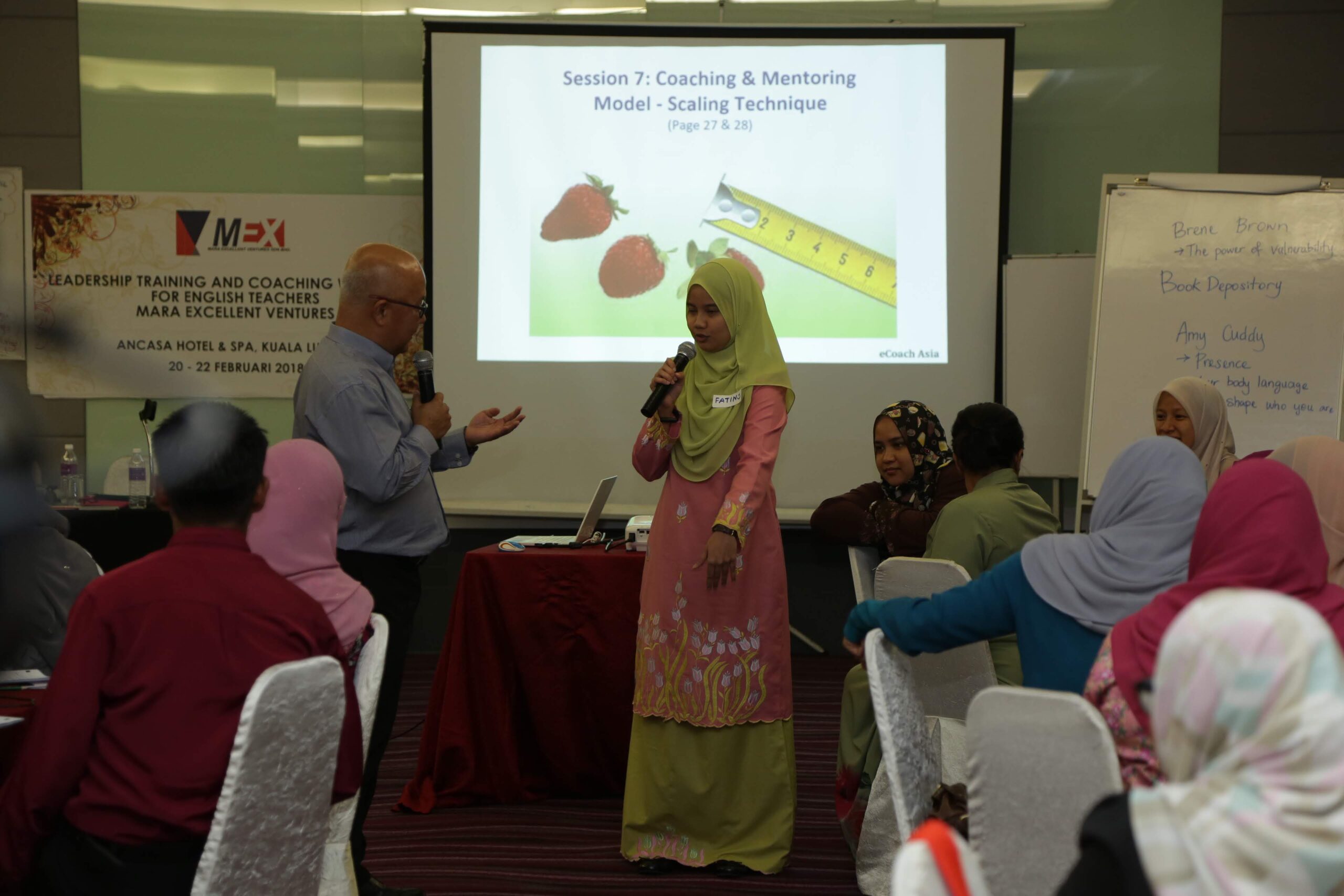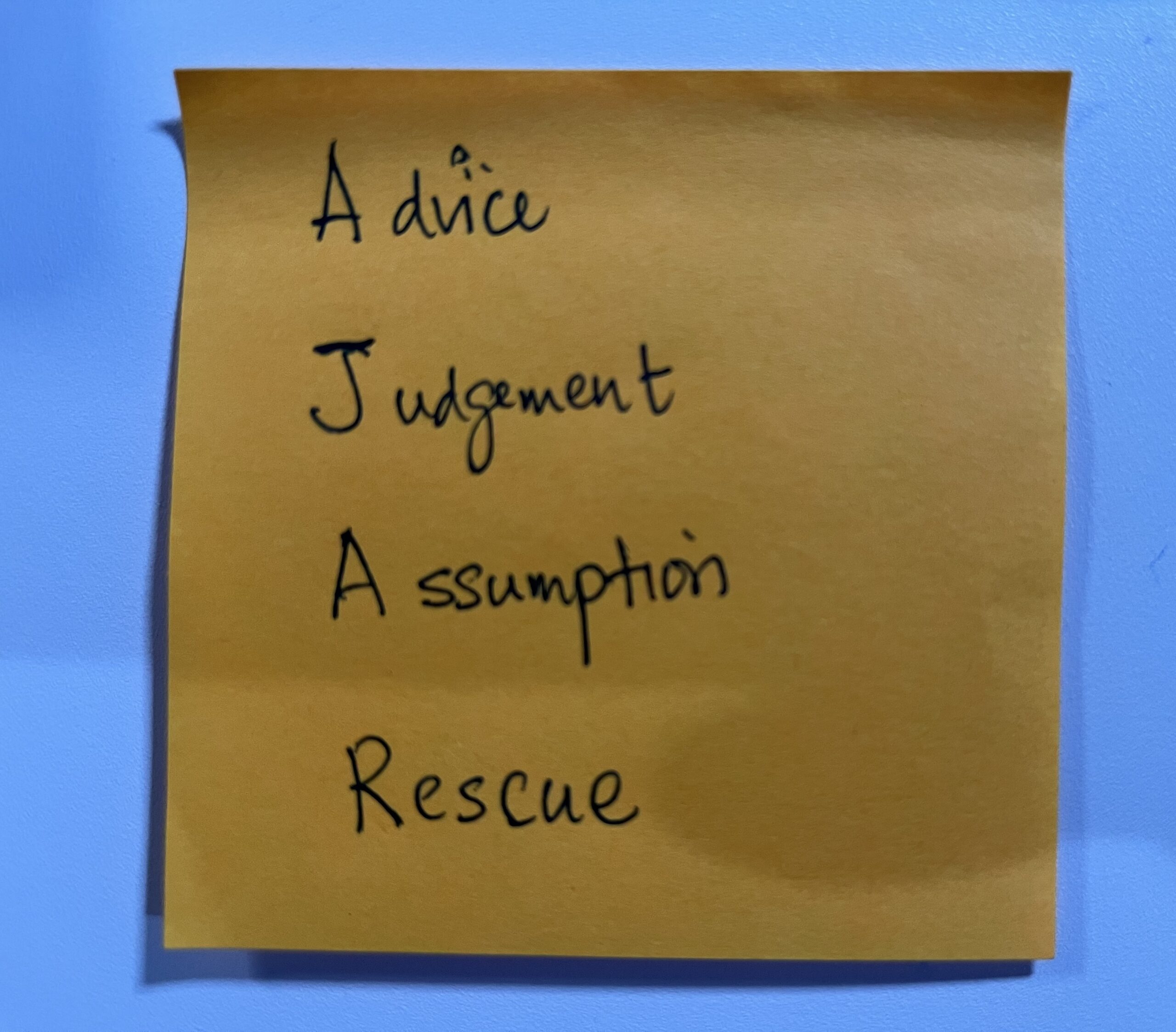Seven Habits of Exceptional Board Members
9 July 2021
I have just returned from an ICF board meeting in Florida and was inspired to write on this. While these points are written in the context of a board setting, I believe that these tips are equally applicable to any team environment.
I have had many opportunities to work with board members as clients and also being trained by ASAE on exceptional board roles and responsibilities. Drawing from these experiences, here is how a board member can function even more effectively, as an individual and as a team, in board meetings. Good boards can become even better and I have the privilege to experience one as an ICF board member. Our board transformation took some years to get to this point and our board effectiveness was unofficially validated during the recent ASAE workshop.
In the context of a board, their fiduciary duties are to set strategic directions, provide oversight, ensure optimal resourcing and ultimately being accountable to its stakeholders. To play these roles effectively, here are seven leadership behaviours that will bring out the best in your board meetings.
1. Remember who we serve and why – This is one of our ICF Board promises that we read out at the beginning of every board meeting. It serves as a useful reminder in our decision making. Decisions made will be dependent on our intent and purpose. When we remember why we are there and who we are serving, our decisions can be made more collectively and not self-serving.
2. Think individually but act collectively – Each board member brings with him/her a wealth of wisdom and experience. It is important to contribute what you know (facts) and what you think (opinions) to the discussion so that the board has a wider perspective to make more informed decisions. More importantly, any decisions made must be seen and acted in unison outside the board meetings. There is a saying, “You can have your say but not your way.”
3. Develop trust among board members – Trust takes time to make but just a moment to break. I would rank this as the key foundation for exceptional boards. When trust is lacking, it is very easy to misinterpret any differing view points as a personal attack. When trust is present, we don’t second guess the intentions.
4. Embrace differences – Our perspectives are shaped by our life experiences such as upbringing, cultural and socio-economic factors. Thus, each person observing the same event can walk away with different interpretations depending on their perspective. It is extremely important to be aware of this. It is easy to believe that only yours is right. When we choose to accept and celebrate diversity of view-points, discussions becomes more harmonious even though there are differences.
5. Separate opinions and facts – Opinions can sometimes be mistaken as facts when we are not mindful. When a board member expresses his/her opinion assertively supported by his/her depth of experience in the subject, it can sometimes be mistaken as the truth. It is important to remind ourselves that what we share is just our opinion (unless there are factual evidences). When we are mindful of this, we are more likely to respect other opinions. It might be useful to say, “In my opinion…” Know that our depth of experience and expertise in an area doesn’t necessary make us right. More importantly, use facts as the primary ingredient and opinions flavour enhancers in the decision making process.
6. Bring forth your respect and courage – For the bold, expressing his/her thoughts in a discussion is not an issue as they have tons of courage. When the courage to speak is not an issue, then a healthy dose of respect for other opinions is useful. Encourage others to share too. For the less bold, you will need to bring forth more courage to share your thoughts; even though you might be alone in it. When trust is present, it is easier to express differing opinions even though there might be a general group consensus.
7. Ask powerful questions – The answers lies in the question. Powerful questions are questions that stimulate others and ourselves to think. As a board member, we contribute more when we challenge each other to think beyond the current thinking. It is important to ask our questions not from a space of proving the person is wrong but from a position where you are curious and wanting to find the answer.
Summary – Board meetings are excellent avenues for each board member to sharpen their leadership qualities, as it did for me. So, I’m wondering which of these points might you want to be more mindful of in your next board meeting? Let’s begin with ourselves.
The overall board effectiveness is made up of the collective effectiveness of each board member. When each board member observes and embraces these seven leadership behaviours, the transformation begins. I’m curious, what other tips might be useful for a board member to function effectively?















